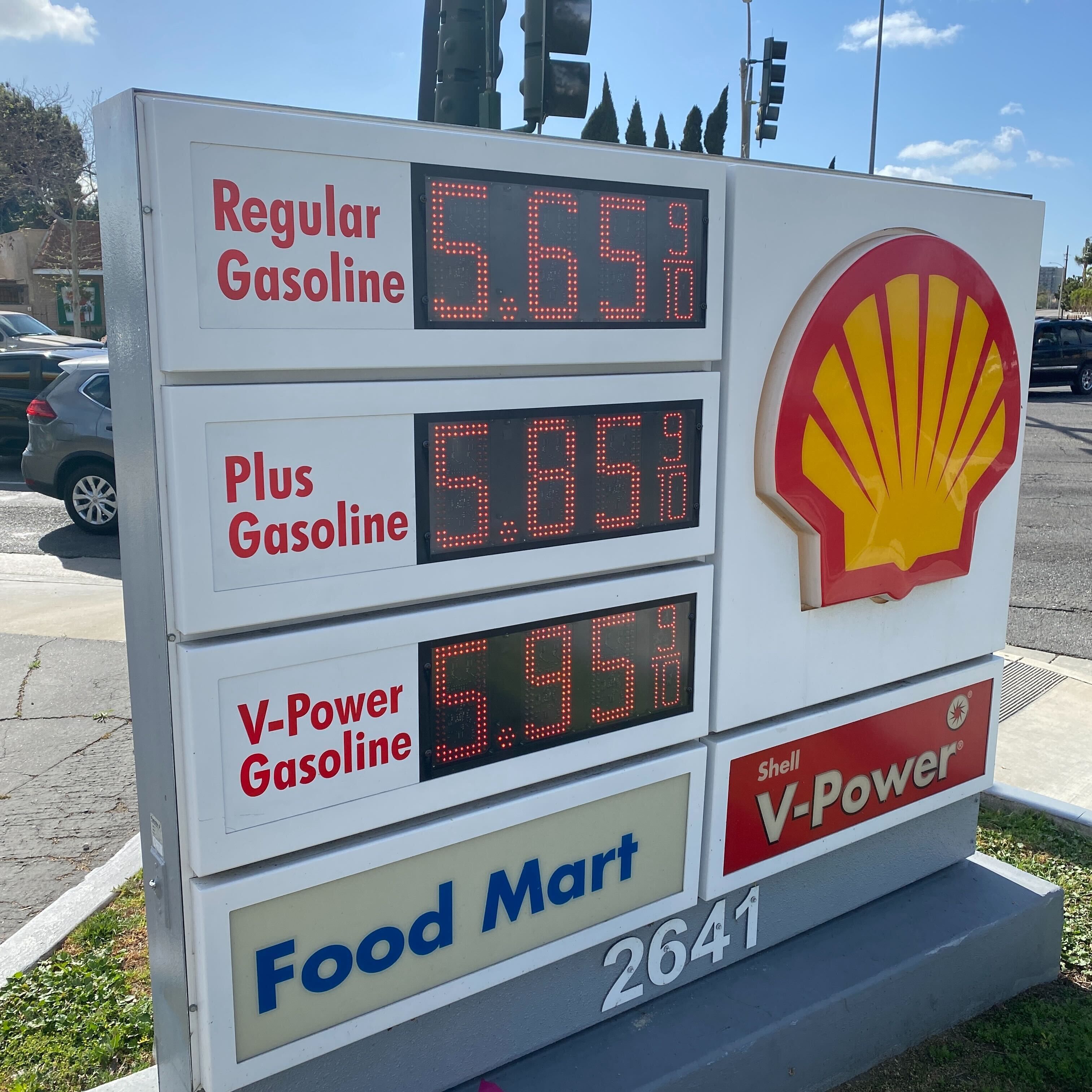Oil Cost Volatility: Effects for Fuel Oil Customers
Oil cost volatility has become a significant issue for fuel oil consumers across various markets. Changing oil costs have far-reaching implications, influencing household spending plans, small companies, the transportation industry, and even government plans. The uncertain nature of oil prices postures difficulties for consumers, as it directly affects their financial security and buying power. Small companies, in certain, face troubles in handling their functional costs, which heavily rely upon gas oil. Furthermore, the transportation market is substantially affected by oil price variations, resulting in boosted expenses and possible disruptions in supply chains. To address these federal governments, difficulties and companies are executing methods to alleviate the climbing expenses of gas oil. This research discovers the ramifications of oil cost volatility on gas oil customers and takes a look at potential approaches to minimize its impact.
Influence On Family Budgets
The varying oil costs have considerably influenced house spending plans, posturing economic difficulties for gas oil customers. As oil prices remain to rise and drop unpredictably, customers are finding it progressively challenging to designate a portion of their earnings in the direction of gas oil expenditures. This volatility in oil prices has actually created a feeling of uncertainty and instilled a careful method in customers' spending routines.
Among the primary impacts of fluctuating oil prices on family budget plans is the enhanced cost of transport. As fuel oil costs increase, the cost of commuting to work, running tasks, or traveling for recreation ends up being more costly. This straight affects consumers' disposable earnings, as a bigger section is alloted in the direction of fuel costs, leaving much less money for other vital demands or discretionary costs.
Moreover, the rising and falling oil rates likewise have a causal sequence on the rates of various other items and solutions. Industries that greatly rely upon gas oil for their procedures, such as manufacturing, farming, and transport, experience boosted manufacturing prices. Consequently, these added prices are commonly handed down to the consumers in the type of greater costs for products and services. This additional presses the home budget plan, as customers need to pay even more for crucial products.
Difficulties for Small Companies
Tiny companies are particularly susceptible to the influence of rising and fall oil costs. When oil costs increase, little companies that greatly count on transportation, such as shipment services or trucking companies, face greater operating costs. Little organizations may locate it more challenging to secure lendings or credit rating throughout periods of oil price volatility, as lenders may regard them as greater risk due to possible economic instability.
Repercussions for the Transport Sector
Fluctuating oil prices have substantial consequences for the transport market, specifically for small companies greatly reliant on fuel for their operations. The transport sector encompasses various industries, including trucking, shipping, aviation, and railroads, every one of which greatly depend upon gas to keep individuals and items relocating. When oil costs increase, transport business deal with boosted running costs, which can bring about higher prices for customers and reduced earnings margins for organizations.
One instant consequence of changing oil costs is the influence on gas prices. As oil rates enhance, so do sustain expenses, which can eat right into the budgets of transportation companies, specifically local business that may not have the financial capacity to soak up these added costs. This, in turn, can lead to higher transport expenses for consumers, as companies pass on these enhanced expenses.
Additionally, fluctuating oil prices can likewise affect the overall need for transportation services. When fuel prices increase, consumers may become more careful about their investing habits, bring about a decline sought after for transport solutions. This can result in reduced organization possibilities for go to the website transportation firms, particularly those running in markets that depend heavily on consumer spending, such as retail and tourist.
Furthermore, the transportation sector is likewise impacted by the unpredictability bordering oil cost variations. Quick adjustments in oil rates can make it challenging for transportation firms to prepare long-term strategies and make enlightened investment choices. This uncertainty can prevent business development and lead to a much more uncertain and volatile operating atmosphere for transportation companies.

Government Plans and Laws
Government plans and policies play a vital function fit the impact of oil rate volatility on gas oil consumers. These policies and policies are applied to guarantee a reasonable and secure market for gas oil and to protect customers from market variations. One vital policy is the policy of fuel costs with devices such as price controls or aids. Price controls can assist stabilize fuel rates during periods of high volatility, supplying relief to consumers that may or else face substantial rate rises. Aids, on the other hand, can assist mitigate the effect of high oil rates by offering economic assistance to fuel oil consumers.
Along with rate regulations, federal governments likewise carry out plans targeted at minimizing dependence on fossil fuels and promoting the usage of alternate power resources. These plans include incentives for the fostering of sustainable energy modern technologies, such as solar or wind power, and the implementation of power efficiency actions. By expanding the power mix and decreasing reliance on oil, federal governments can help reduce the influence of oil rate volatility on gas oil consumers.

Approaches for Reducing Gas Oil Costs
To resolve the click to read more obstacle of fuel oil expenses, customers can employ numerous approaches to alleviate their costs. By minimizing power consumption, customers can decrease their gas oil usage and consequently Get the facts reduce their prices.
An additional efficient approach is to branch out fuel sources. By checking out alternate power options such as geothermal or solar energy, customers can minimize their dependence on gas oil and potentially lower their expenditures. Additionally, considering making use of biofuels or combined fuels can supply a much more cost-effective and eco-friendly alternative to conventional gas oil.
Tracking and managing fuel usage is additionally crucial in alleviating expenses. Frequently tracking gas oil usage, recognizing usage patterns, and applying actions to lower waste can contribute to significant financial savings - cheapest oil prices on long island. This can involve conducting power audits, enhancing equipment performance, and implementing power monitoring systems
Lastly, consumers can take into consideration hedging strategies to take care of fuel oil rate volatility. This includes entering right into agreements to secure gas oil rates for a details period. By doing so, consumers can shield themselves from unexpected rate variations and budget plan a lot more efficiently for their fuel oil costs.
Final Thought
In conclusion, the volatility of oil prices has considerable effects for fuel oil customers. It affects house budget plans by triggering fluctuations in gas prices, posturing obstacles for small companies having a hard time to manage expenditures. The transportation market also encounters effects, as fuel rates influence functional costs. Federal government laws and policies play a function in minimizing these expenses. Executing reliable approaches ends up being critical for customers to take care of gas oil expenditures in this volatile market.
Oil cost volatility has actually come to be a considerable concern for gas oil customers across various markets.Federal government policies and regulations play an essential role in shaping the impact of oil cost volatility on gas oil customers. Subsidies, on the other hand, can aid mitigate the impact of high oil rates by offering economic help to fuel oil customers.

In final thought, the volatility of oil rates has substantial implications for fuel oil consumers. (cod oil prices)